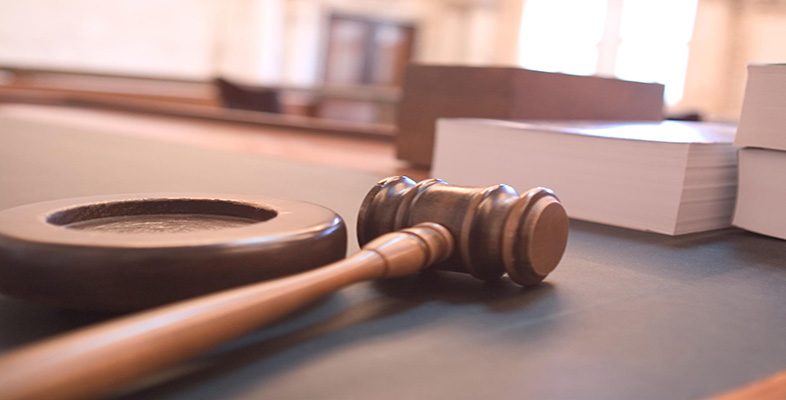4.2 Social and political justice
A particularly important set of debates arises in relation to different notions of distributive justice. Do notions of distributive justice apply to the rights of individuals and the acts that they commit, or do they also apply to states of affairs, to the pattern of the results arising from those actions? In the former case, an outcome is just or unjust if it arises from just or unjust actions; whereas in the latter, the principles of justice apply to the pattern of outcomes. This latter notion is often described as social justice and is concerned with the fair distribution of goods and resources between and among the members of a society.
What is social justice?
A theory of social justice involves applying the principles of justice to the economic and social opportunities or outcomes in a given society.
This leads to the idea that social welfare should be provided (by the state in many countries) for those who need it, at a level defined differently in different places. Social justice is based on the concept that a state has responsibilities to its citizens, and can fund those responsibilities by levying taxation at a level acceptable to the members of that society, which again varies from country to country. ‘Fair distribution’ is, of course, inherently contestable.
Ideas of social justice aim to be in the interests of the community as a whole, and in the interests of social cohesion. This is also the basis of political justice –the notion that fixing the level of social justice and the rules of legal justice is something that does not happen ‘naturally’, but is established within a political order.
What is political justice?
A theory of political justice involves applying the principles of justice to the basic political institutions, the constitutional order, of society.
The state is responsible for the level of social justice and the rules of legal justices, usually based on the dominant political culture and identity. In many countries, establishing or reforming political justice involves healthy debate between conflicting views. This concept of social justice relates closely to what was said earlier about social and economic, and citizenship rights. As maintained by this view, equal citizenship involves social and economic rights so that everyone has the same access to justice. Critics of social justice argue that it often operates at the expense of individual rights, that in order for a particular pattern of outcomes to be achieved certain individual freedoms have to be curtailed.
